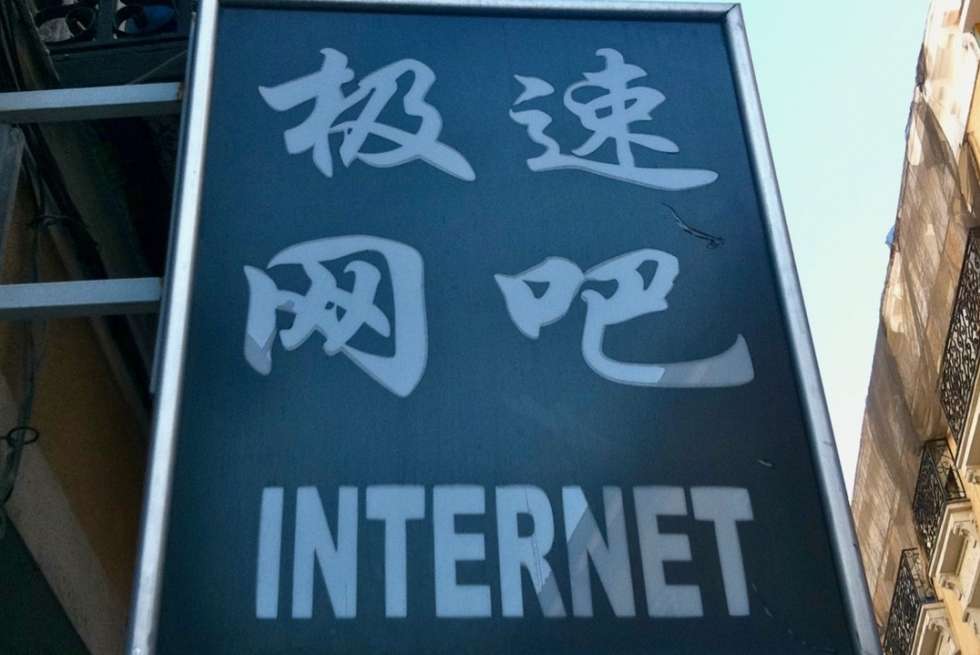
The Internet is a ubiquitous part of contemporary life, yet conceptually it is impalpable and defies easy definition. For those less technically literate, its many (inter)faces can be both familiar and deceiving. Behind the surface, developers and servers are operating constantly to ensure that codes and algorithms gradually permeate every aspect of our lives. Still, this process is hardly unidirectional; we shape and transform the Internet as it shapes and transforms us. As part of our cultural ecosystem, dynamics of collaboration and exploitation naturally coexist (Dovey 2014); their democratic and liberating potentials go hand in hand with data mining and surveillance. From researching the Internet as a culture in itself (Correll 1995; Turkle 1995; Hine 2000) to focusing on its appropriation into everyday life routines (Miller and Slater 2000), the Internet has become an open context for the blending of practices, meanings, and identities (Domínguez Figaredo et al. 2007). Thus, it can be regarded as an important field of study, site of investigation, and means for accumulating data for ethnographers (Boellstorff 2008; Burrell 2009; Hine 2015) and other scholars alike, as highlighted by transdisciplinary research groups as the Oxford Internet Institute or the Association of Internet Researchers. Moreover, the Internet is used by the scientific community as a platform for distributing and accessing knowledge and as a network for enhancing academic discussions on a global scale. However, the ever-growing multiplicity of the Internet renders it intangible.
The contributors to this inaugural session of Correspondences have been asked to consider the following questions, and to add their own: What can we, as ethnographers, actually say about the Internet? In what ways is ethnography shaping our notions of the Internet? To what extent does the Internet shape anthropology as a discipline? What role does anthropology take on in the broader field of Internet studies, and what can it contribute to grasping the web’s specific dynamics and effects? If we study the Internet, where do we start and where do we end? Which theoretical frameworks can be utilized to make sense of this phenomenon and its role in our lives?
References
Boellstorff, Tom. 2008. Coming of Age in Second Life: An Anthropologist Explores the Virtually Human. Princeton, N.J.: Princeton University Press.
Burrell, Jenna. 2009. “The Field Site as a Network: A Strategy for Locating Ethnographic Research.” Field Methods 21, no. 2: 181–99.
Correll, Shelley. 1995. “The Ethnography of an Electronic Bar: The Lesbian Cafe.” Journal of Contemporary Ethnography 24, no. 3: 270–98.
Domínguez Figaredo, Daniel, Anne Beaulieu, Adolfo Estalella, Edgar Gómez, Bernt Schnettler, and Rosie Read. 2007. “Virtual Ethnography.” Forum: Qualitative Social Research/Sozialforschung 8, no. 3.
Dovey, Jon. 2014. “Documentary Ecosystems: Collaboration and Exploitation.” In New Documentary Ecologies: Emerging Platforms, Practices, and Discourses, edited by Kate Nash, Craig Hight, and Catherine Summerhayes, 11–32. Basingstoke, U.K.: Palgrave Macmillan.
Hine, Christine. 2000. Virtual Ethnography. London: Sage.
_____. 2015. Ethnography for the Internet: Embedded, Embodied, and Everyday. London: Bloomsbury.
Miller, Daniel, and Don Slater. 2000. The Internet: An Ethnographic Approach. Oxford: Berg.
Turkle, Sherry. 1995. Life on the Screen: Identity in the Age of the Internet. New York: Simon & Schuster.
Posts in This Series

The Internet: Provocation
From the publication of The Internet: An Ethnographic Approach in 2000 through to the eleven volumes we are currently publishing on social media as the Why We P... More

The Internet: Translation
In the provocation with which he opened this session of Correspondences, Daniel Miller points to the problem of fetishizing the Internet as an object and field ... More

The Internet: Deviation
In many ways, Julia Fleischhack’s contribution to this session of Correspondences could be classified under deviation. Her insights point to examining and quest... More

The Internet: Integration
Where do we find the Internet? That is, where do we go to study it? I think a summation of the previous contributions to this session of Correspondences makes i... More